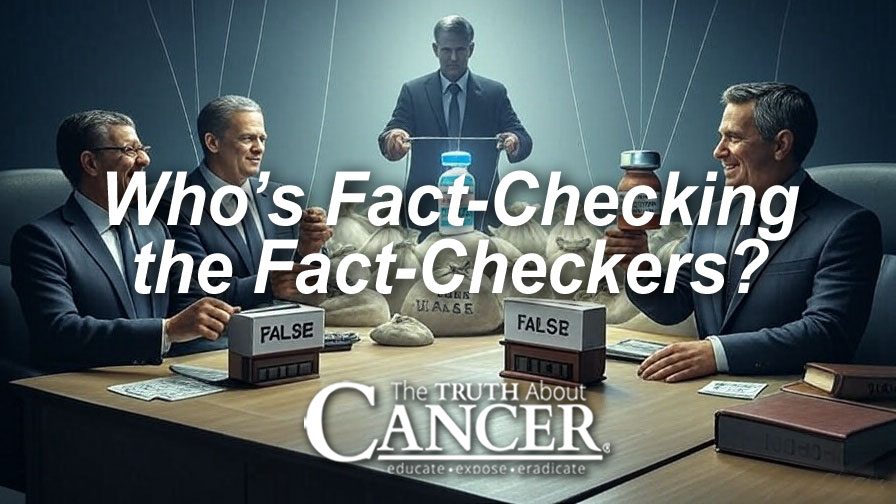Once upon a time, “fact-checkers” were supposed to keep powerful institutions honest. Fast forward to today, and they’ve morphed into glorified PR firms—slapping “misinformation” labels on anything that threatens Big Pharma’s bottom line. And here’s the kicker: the former CEO of Reuters (still sitting on the board of its parent company, the Thomson Reuters Foundation) has been a board member of COVID-19 vaccine maker Pfizer since 2014, according to investigative journalist Paul D. Thacker.
Nothing to see here, right?
Thacker’s deep dive uncovered that Reuters fact-checkers repeatedly made scientifically false statements about COVID-19 vaccines. For example, in a Reuters Fact Check, they confidently declared, “There is no proof that spike proteins created in response to mRNA vaccines are harmful to the body,” conveniently ignoring studies that said otherwise. When Thacker asked Reuters whether they would retract these false claims, the company went radio silent. Meanwhile, since 2021, Reuters has collaborated with Facebook and X (formerly Twitter) to “fact-check” social media posts—without disclosing ties to Pfizer or providing any definition of “misinformation.” By the way, we’ve sued Facebook and X for collusion and censorship.
Even when pressed, Reuters’ editors dodged questions about conflicts of interest. Executive editor Simon Robinson claimed that Pfizer board membership couldn’t possibly affect coverage—but offered no explanation for why Reuters rarely, if ever, fact-checked Pfizer’s own scientifically questionable claims. The company’s evasiveness extended to questions about financial compensation for board members and connections to the Brookings Institution or the World Economic Forum, raising eyebrows about just how “independent” their fact-checks really are.
Meanwhile, the Trusted News Initiative (TNI), which includes Reuters, colluded with Big Tech to suppress independent news outlets covering vaccine-related topics. According to a 2023 lawsuit filed by The Truth About Cancer (TTAC) and co-plaintiffs including Children’s Health Defense, TNI’s legacy media members and tech giants engaged in a “group boycott” of smaller publishers, removing them from platforms and costing them visibility and revenue. Last month, the DOJ even filed a statement of interest in support of the plaintiffs, citing TNI’s anticompetitive practices.
The fallout? Public trust in legacy media is tanking. The Reuters Institute’s 2025 Digital News Report reveals that U.S. news trust stands at just 30%, ranking the country 39th out of 48 surveyed.
💥 Mic Drop: If you still believe fact-checkers are neutral, you probably believed filtered cigarettes were “healthier” in the 1950s, that OxyContin wasn’t addictive in the ’90s, and that the government always tells the truth about war. In other words—you’ve been played.
Stop outsourcing your thinking.
Follow the money, question everything, and realize that in the modern information age, skepticism isn’t paranoia—it’s survival.



















Leave a Reply